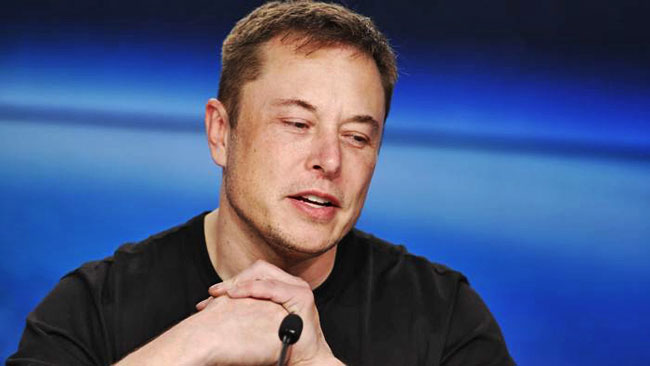|
February
19 2018
Technocracy in action: Elon Musk, grandson of one of the movement's leader in Canada, Joshua Haldeman © Reuters
to be learnt today from the 'revolt of the engineers' in the 1930s...
So it was with the impact of,
Arguably, so it is again
today with gene editing, social media and artificial intelligence.
The technocracy movement
argued that the best way out of the crisis was to reject the
messiness of the market and old-fashioned politics and adopt a
"modern scientific point of view".
Traditional economics, obsessed with arbitrary pricing mechanisms rather than rational production, was nothing more than the "pathology of debt".
The historian William E. Akin identified three wellsprings for budding technocrats:
Abolishing the price mechanism and maximizing production had some obvious parallels with what was happening in the Soviet Union.
In his brilliant dystopian novel "We," the Russian writer Yevgeny Zamyatin savaged such technocratic thinking, foreseeing a society in which people had numbers, not names, and operated like cogs in a vast industrial machine.
The North American
technocracy movement, though, argued fiercely against both communism
and fascism and claimed to be much more humane.
President Franklin D. Roosevelt was the one to salvage capitalism through his New Deal.
Perhaps the movement's greatest failing was that it never spelt out practical solutions that ordinary voters could understand.
Disappointed that pure
reason had not swept all before it, the movement eventually split,
with one splinter group ending up as a quasi-fascist fan club.
The party's disillusioned
leader, the adventurer
Joshua Haldeman, later
abandoned Canada and moved to South Africa.
Flashes of that mentality appear to have resurfaced on the West Coast of the US today in what the writer Evgeny Morozov has called technological "solutionism".
According to this
worldview, technology has the answer to almost every problem and
humans can best be analyzed as collections of data points.
It is hard to improve on Immanuel Kant's famous dictum:
One small, but
intriguing, footnote in the history of the technocracy movement,
though, may have particular resonance today. One of Haldeman's
grandsons is
Elon Musk, the space
entrepreneur who aims to turn us into an interplanetary species.
|


